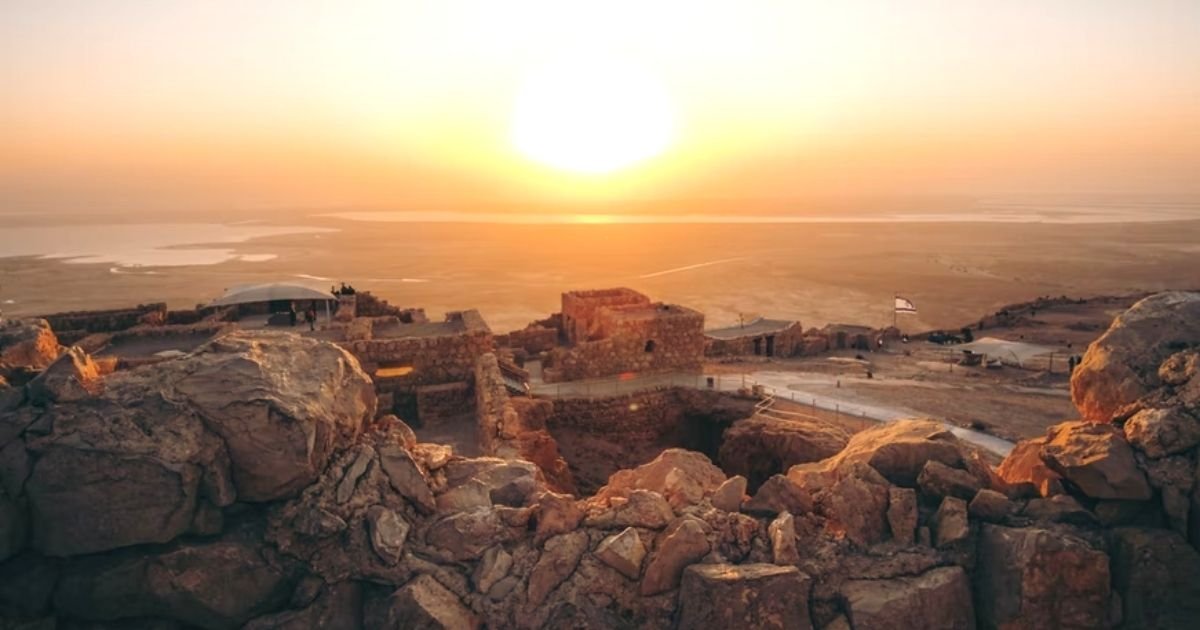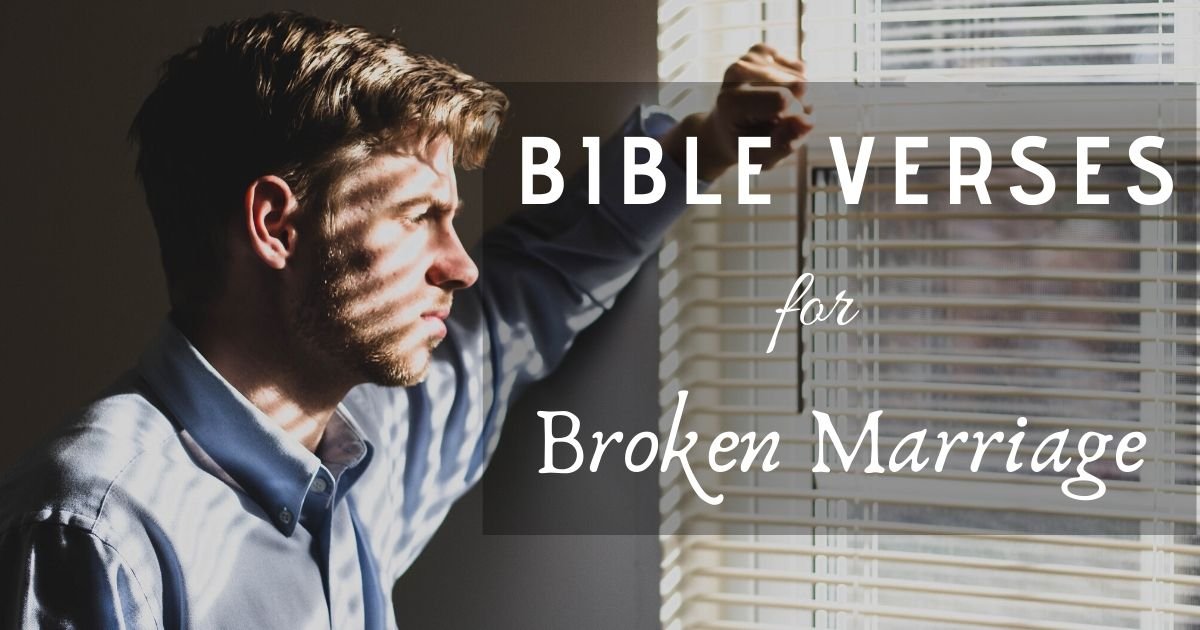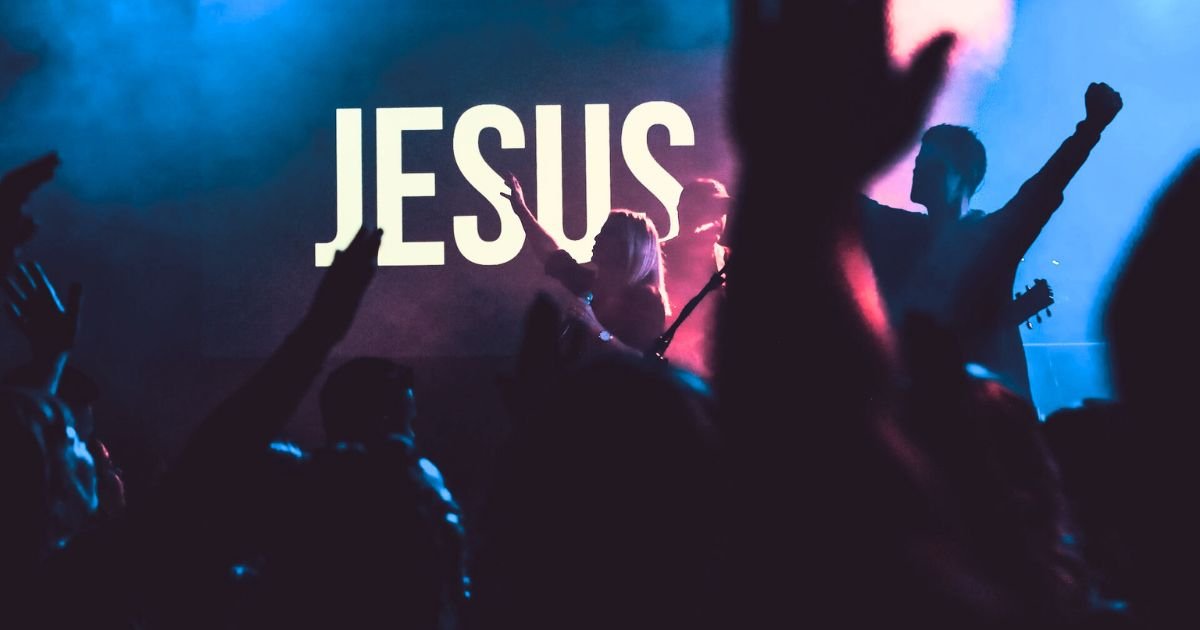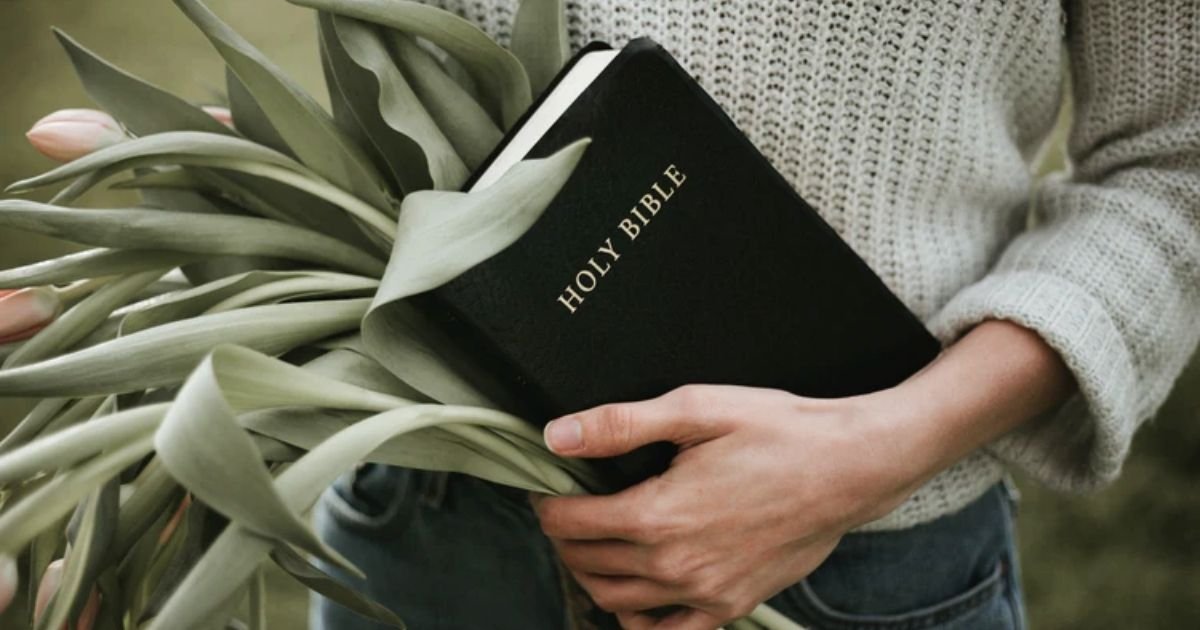Prayer is an essential part of our Christian life; however, it is crucial for us to understand what the Bible says about praying in public. There are so many examples in the Bible to help us answer the question of praying in public. The life of Ezra, Solomon, and Jesus is ample evidence for us to know that God honors our prayers in public or secret.

Ezra would often pray publicly in anguish at Israel’s lack of dedication to the things of God (Ezra 10:1) but didn’t suffer rebuke because of it. When we read about Solomon praying at the temple’s dedication, we find no backlash from God due to his public prayer (1 Kings 8:22–23).
Jesus prayed publically in front of thousands as He miraculously fed them, with His disciples. The Gospel writers recorded many of His prayers for us. However, Jesus also spoke against wrong motives in regards to public prayer.
Before teaching the disciples the Lord’s Prayer, Jesus warned them about praying publicly. “And when you pray, you must not be like the hypocrites. For they love to stand and pray in the synagogues and at the street corners so that they may be seen by others. Truly, I say to you; they have received their reward. But when you pray, go into your room, shut the door, and pray to your Father, who is in secret. And your Father who sees in secret will reward you” (Matthew 6:5–6.)
When we read this, we learn that hypocritical prayers were done to be noticed or honored by those within ear-shot. We must examine our motives when accepting an invitation or contemplating public prayer.
Our first audience is God Himself. Secondly, think and pray about who will hear our conversation with God. Our representation of our relationship with Him may attract or repel others.
When Daniel prayed in public (and against the laws of the time), he was arrested. It was this act that led him to the lion’s den. Daniel knew that his public prayer might lead to trouble, but he believed God would honor Himself by protecting Daniel or allowing Daniel’s death.
Daniel was protected, and the king who sought to have him punished declared God’s goodness throughout the entire land (Daniel 6:25–27). This should encourage us to be bold in our prayer life. No matter the situation we find ourselves in, don’t stop praying, for it’s how we communicate and fellowship with our God.
Public prayer is certainly biblically acceptable. However, we should also be careful of our motives in public prayer and particularly pride. Wanting to pray publicly is not biblical. At the same time, avoiding praying in public for fear of shame is also not biblical. Public and private prayer are biblical and have a place in the life of a believer.






